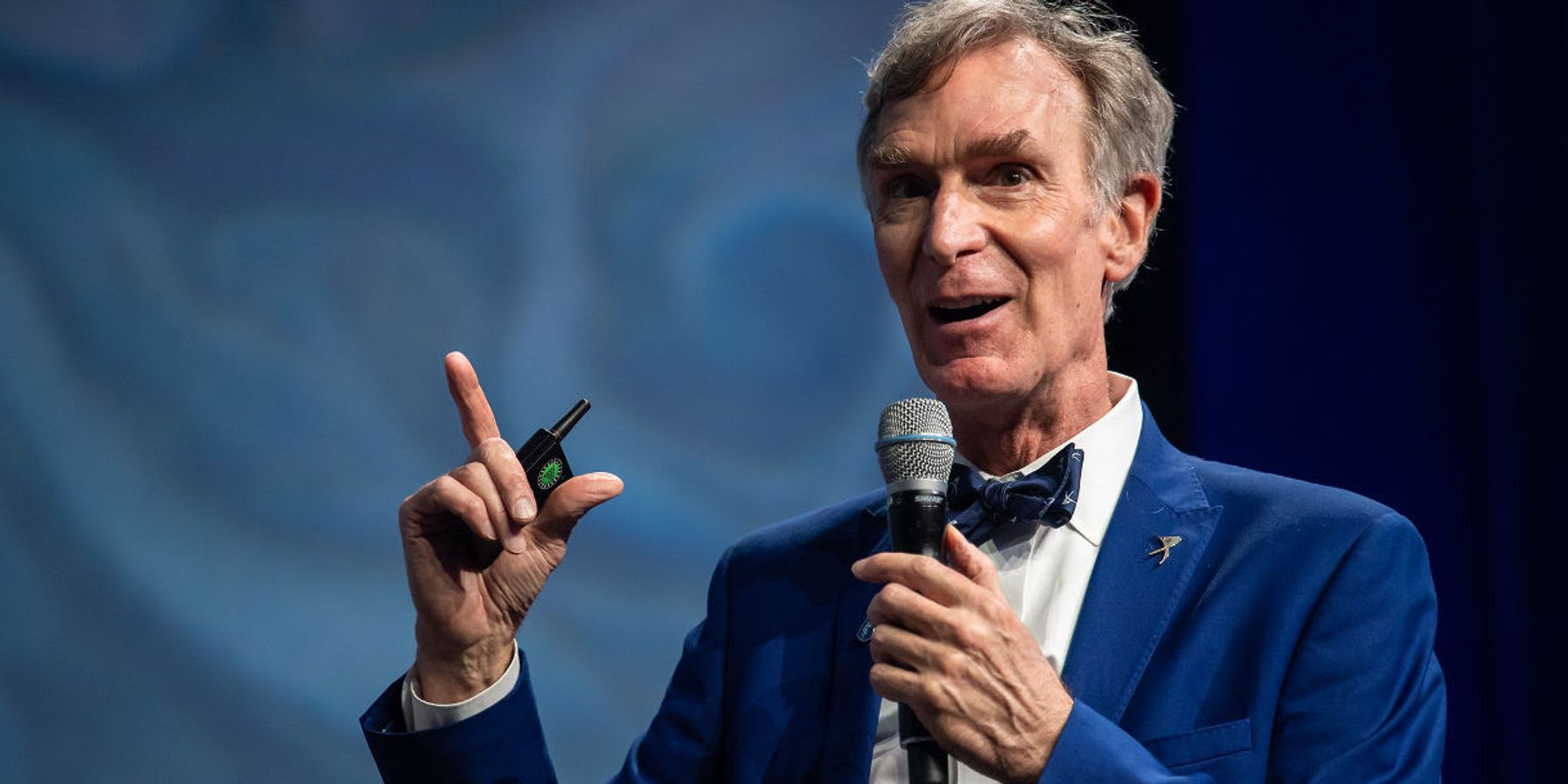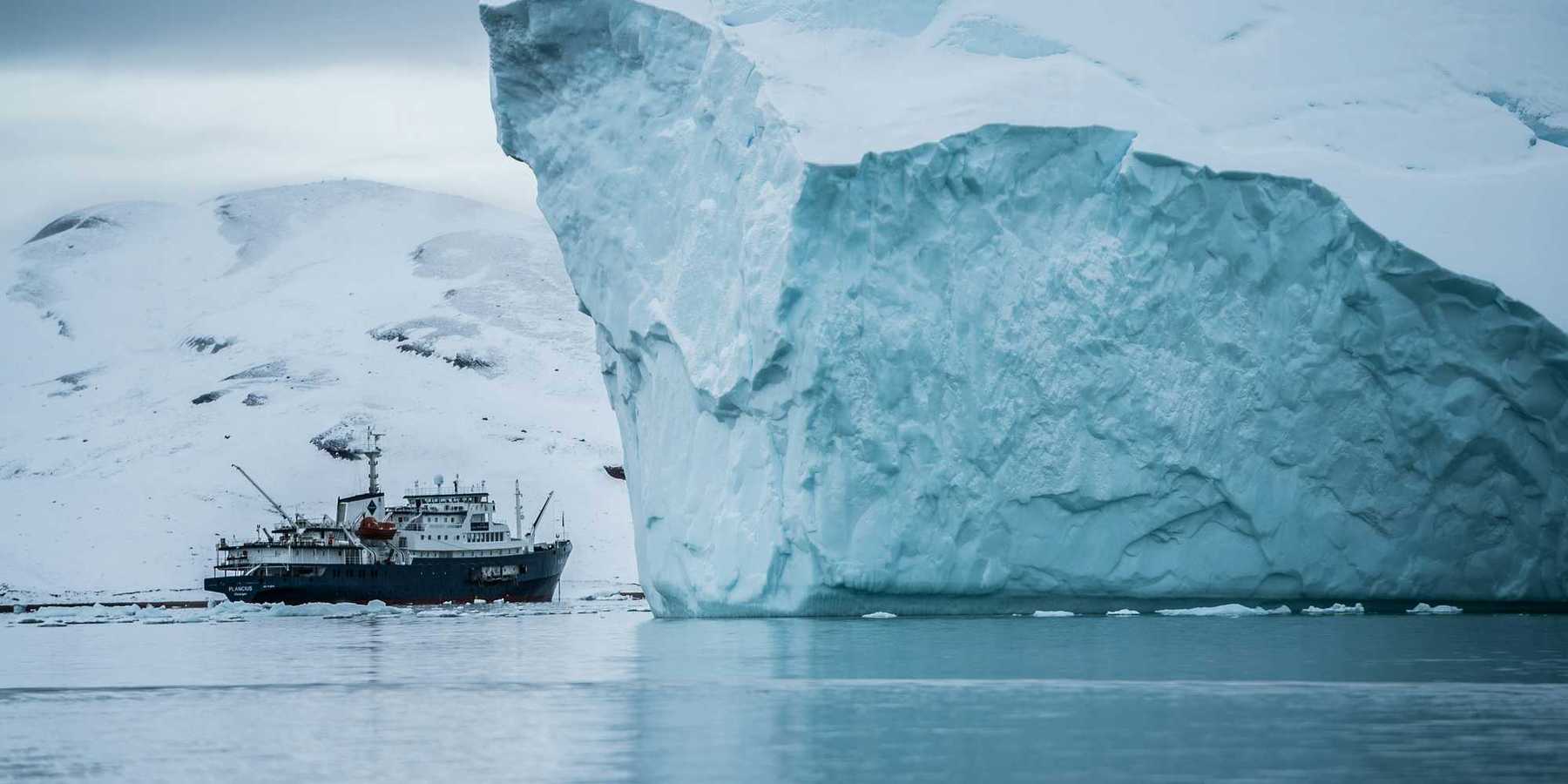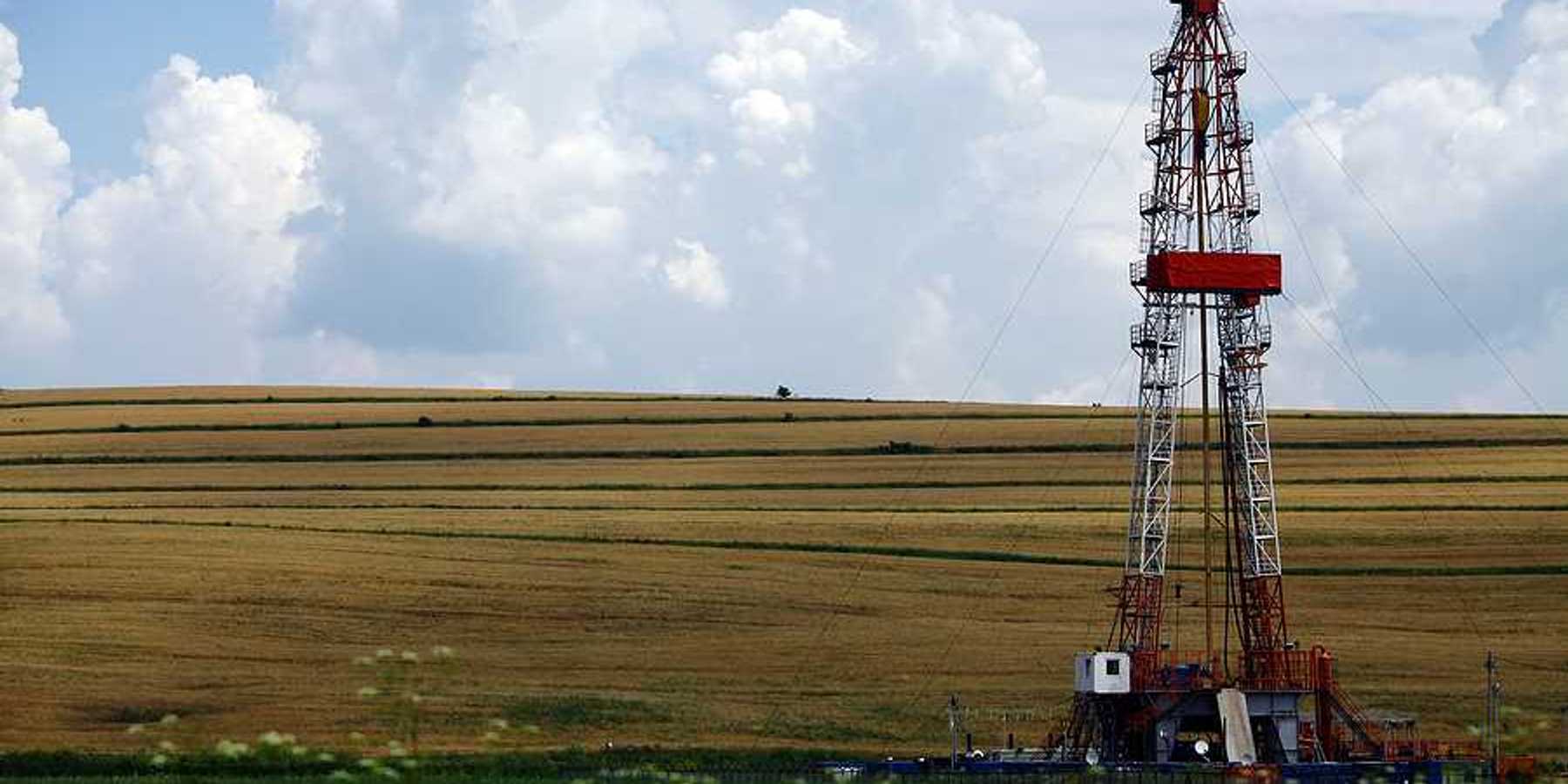
They blinded us with SCIENCE!
From climate change to COVID-19, even the clearest warnings from scientists can misfire with millions of Americans. Pop culture may be a big reason why.
The music video for Thomas Dolby's quirky, synthesizer-driven 1980's hit featured a possibly deranged codger in a lab coat waving an index finger and rhythmically shouting "SCIENCE!"
For many of us, he fits the profile of a career scientist as a misfit, an oddball, with either a benignly vacant attitude or a downright divorce from civil society.
Let's put an exclamation point on this: Magnus Pyke, the unhinged chap in the video, isn't an actor, he's a nutritional scientist who carved out a useful second career as a science explainer on British TV. Because, well, you know, he looked so science-y.
Bill Nye plays Dr. Pyke's role in the U.S. and elsewhere. His carefully honed character is built on owlish eyebrows, wide-eyed enthusiasm for decidedly nerdish things, and the omnipresent bowtie that shouts "nerd" whether it's worn by Nye, Pee Wee Herman, or Louis Farrakhan.
Nye knows his stuff and earns his "Science Guy" branding, even though his formal education stopped with a Bachelor's degree in mechanical engineering.
Dr. Pyke and Mr. Nye are hardly the first pop culture science avatars.
Mary Shelley's Dr. Viktor Frankenstein first hit print in 1818. He, of course, is the patron saint of an important subspecies, the Evil Scientist. To follow were a legion of evil scientists, from Peter Sellers's Doctor Strangelove to Hitler's real life evil scientist, Dr. Mengele, ably portrayed by Gregory Peck in The Boys from Brazil.
Their genetic cousins are all-around Evil Geniuses like Ming the Merciless from the wildly popular 1930's Buck Rodgers shorts to Doctor Evil, who as Austin Powers's nemesis in three movies attended "six years of evil medical school."
Another important aberrant science brand includes the more benign science nerds—blissfully detached from mainstream society. Arguably the most successful run belongs to The Big Bang Theory, which ended its 12 years on CBS last year and entered the lucrative world of re-run syndication. The show's ensemble cast consists of Central Casting geeks with bad haircuts and a penchant for Comicon.
Honorable mentions in this category go to The Nutty Professor, played by a buck-toothed, oblivious Jerry Lewis in a 1963 film. Professor Julius Kelp prepares a lab potion that turns him into the smooth, suave womanizing Buddy Love. In a 1996 remake, Eddie Murphy plays a morbidly obese prof named Sherman Klump, who sheds more than half his weight to morph into Buddy Love. Back to the Future gave us the disheveled, reclusive Doc Brown.
Of course, no list of pop culture science nerds is complete without mentioning Star Trek's Mister Spock, whose home planet is populated by a race for whom logic is paramount, smiling is frowned upon, and the biological urge to reproduce comes once every seven years.
There are inevitable exceptions, like the swashbuckling Ph.D. anthropologist Indiana Jones. But it should be no surprise that pop culture routinely assigns Freaks-and-Geeks status to scientists.
When these social misfits—the ones who sat out the senior prom and got roughed up in gym class—tell us we need to stay inside for months on end, or dramatically alter our fossil fuel-based lifestyles, many of us rebel.
When anti-intellectual rebels are enabled by the mad tweets of a president who regards all manner of science advice as suspect or hoax-worthy, that rebellion becomes very hard to undo.
In the spirit of saving the best for last, my all-time favorite pop culture scientist who advanced the cause of nerdery would have to be The Professor from Gilligan's Island.
If this cheesy 1960's sitcom were revived today, The Professor (Russell Johnson) would be issuing frantic warnings to his six fellow castaways about how their uncharted desert isle was threatened by sea level rise; Mr. Howell, the let-them-eat-cake gazillionaire, would fund a disinformation campaign to discredit him, and the other five, bless their hearts, would remain in denial since their only source of news and information was an AM radio.
Life imitates art. But art, even in the lowbrow framework of Gilligan's Island, can corrupt life.
Peter Dykstra is our weekend editor and columnist. His views do not necessarily represent those of Environmental Health News, The Daily Climate or publisher, Environmental Health Sciences.
Contact him at pdykstra@ehn.org(opens in new tab) or on Twitter at @Pdykstra.
Banner photo: Bill Nye ("The Science Guy"), Chief Executive Officer, The Planetary Society. Credit: NASA.













